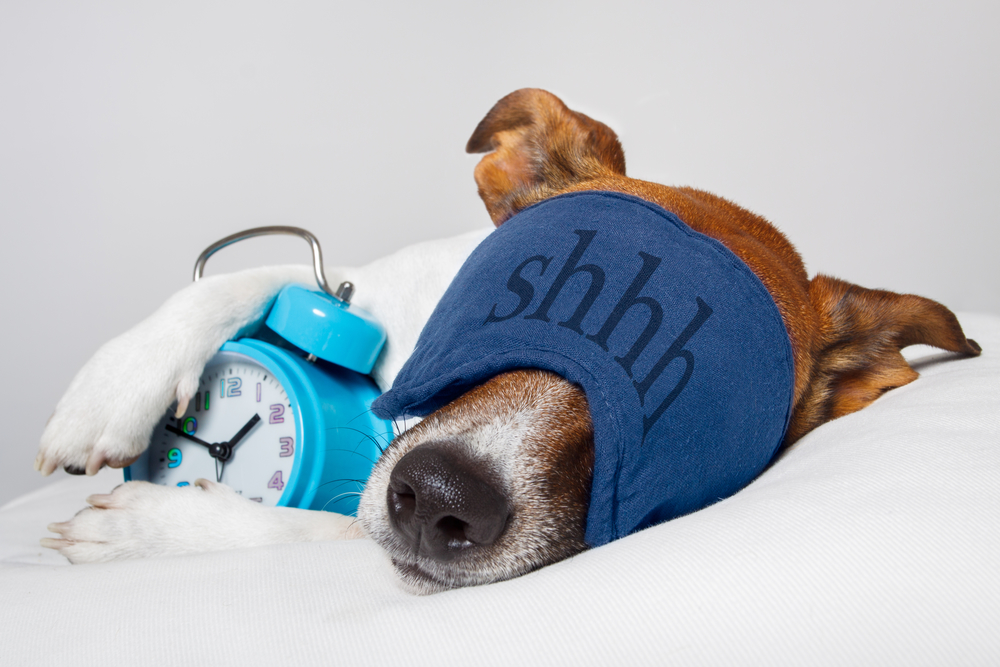
World Sleep Day
Today is #worldsleepday and the slogan of the day is ‘Good Sleep is a Reachable Dream’.
But for many, a good night’s sleep remains an elusive dream. Sleep-related problems are thought to impact the quality of life for up to a staggering 45% of the population. So how do you go about giving yourself the best chance of a good night’s sleep? Firstly, you can’t make yourself fall asleep. All you can do is create an environment where the conditions are right to help you sleep.
Sleep and the mind are closely linked and not getting enough sleep is linked with disorders such as depression and anxiety and impairs our ability to make decisions and think clearly. But depression and anxiety are both linked with sleep disturbances; it can be a chicken and egg situation. Addressing the causes of depression and anxiety are crucial to ensuring a good night’s sleep. And did you know that lack of sleep also interferes with your eating habits. Research has shown a lack of sleep is linked with poorer food choices and increased snacking which can equal weight gain.
What diet and lifestyle tips can help sleep
- Avoid eating dinner too close to bedtime. Ideally leave 2-3 hours between dinner and going to bed. A light bedtime snack is OK but make sure it is low-carb. Eating carbs before bed will give you a blood sugar spike which will be followed by a crash which won’t do your sleep any favours. Ensure to include protein and fat in your snack to help slow digestion of any sugars from carbs.
- Eating foods high in tryptophan (turkey, chicken, cheese, tuna, tofu, eggs, nuts & seeds and milk) can help with sleep. Tryptophan is an amino acid which is converted by the body into serotonin. Seratonin is a chemical which gets converted into melatonin, our natural sleep hormone, at night time. Melatonin is produced in the pineal gland and helps regulate the body’s circadian rhythm and promote restful sleep. Levels fluctuate over a 24 hour period. When the body is functioning properly levels of melatonin rise approximately 2 hours before we sleep and decline in daylight.
- Add magnesium rich foods to your diet – that means lots of green leafy vegetables, nuts/seeds and avocados. Consider supplementing if you think your dietary intake is inadequate. Epsom salt baths are a good way of increasing magnesium while enjoying the benefits of a relaxing bath.
- Some people find rich or spicy foods at dinner make it more difficult to sleep
- Alcohol, makes people sleepy early in the evening but actually disrupts sleep patterns. Try to avoid alcohol for at least 4 hours before going to sleep.
- Smoking may make it more difficult to get off to sleep
- We all know caffeine can be a sleep killer, so make sure you’re not consuming it too late in the day. For most people that really means no caffeine after lunch. But if you’re sensitive to caffeine then it might mean avoiding it altogether. And while we all know about caffeine in tea and coffee, don’t forget it is also in energy drinks (watch out for a blog post on energy drinks coming soon!) some herbal teas, soft drinks and chocolate bars.
- Exercise – especially outdoors. But any exercise will improve your sleep quality
Practice good sleep hygiene
If you are still struggling to sleep and you have tried making the above changes, you may want to consider consulting a nutritional therapist who can arrange for you to take a salivary cortisol test to assess whether your cortisol levels are rising and falling at the correct times throughout the day.
- Follow a bedtime routine. Aim to go to bed and get up the same time each day and try to eat your meals at a similar time each day. Skipping meals has an effect on your blood sugar levels which in turn can affect your sleep
- Don’t take your work to bed with you. The only paperwork you should be doing in bed is reading a good book!
- Your body clock is affected by light so dimming the lights while you get ready for bed is helpful. Most people sleep better in a dark room so if street lighting is a problem consider investing in blackout blinds
- Remove electronic devices (phone, computer, iPads) from your bedroom and don’t use them an hour before bed to avoid them interfering with sleep hormones. And don’t be tempted to have a TV in your bedroom
- Avoid napping during the day
- Don’t clock watch. This will raise your cortisol levels, which is known as your stress hormone, and will make it harder to fall asleep
- Learning relaxation techniques can be very helpful. For many, stress and worry is what keeps them awake at night, but for others a few nights with no sleep can lead to worrying about sleep
- If your mind is racing and you just can’t switch off, therapies like Cognitive Behavioural Therapy (CBT) can help you learn how to manage your thoughts so they don’t interfere with sleep. There are many simple strategies that can help such as having a pen and paper by your bed to write down the things you’re worrying about.

